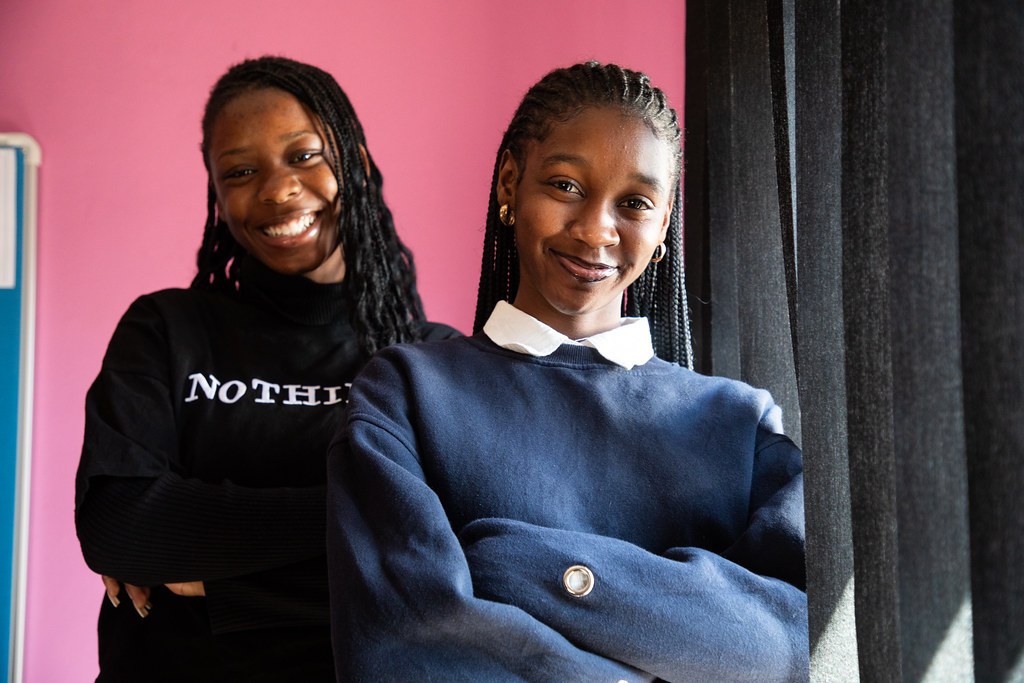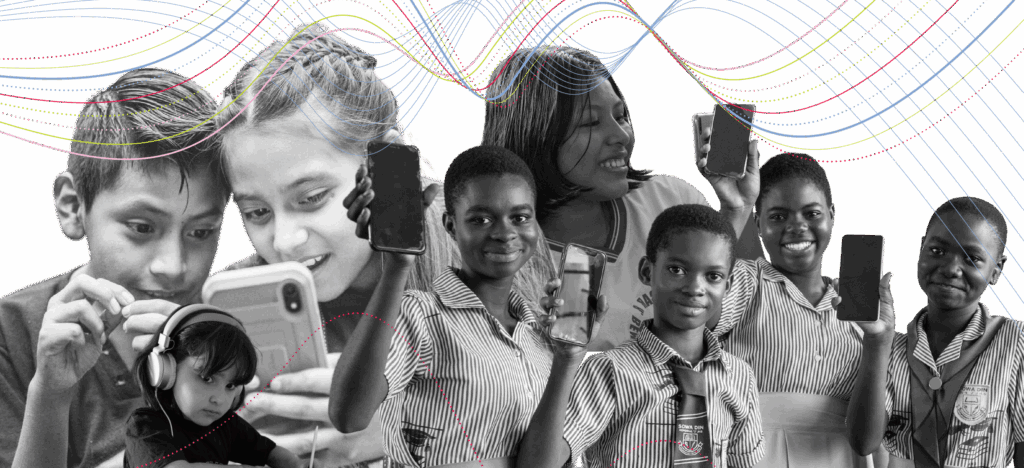The Data for Change initiative, launched in November 2022, is transforming the global data landscape on online child safety. By uniting experts across government, industry, civil society, and academia, we tackle data gaps and barriers to sharing, driving actionable solutions to protect children online. Our mission: build a stronger, more coherent global online CSEA data ecosystem to inform policies, advocacy, and interventions to foster safer digital futures for children and youth worldwide.
The Data for Change initiative was born out of a growing recognition that the global data landscape on online CSEA remains fragmented and incomplete. This lack of comprehensive, reliable data hinders efforts to understand the scale of online harms facing children and to implement effective solutions. Without a coherent data ecosystem, it is difficult for governments, civil society, academia and industry leaders to collaborate on policies and practices that protect children online.
Data for Change exists to fill these critical gaps, ensuring that data can be harnessed to inform meaningful action on child online safety. The initiative addresses the challenges of inadequate and inconsistent data by building a global, multi-sectoral community committed to advancing child online safety.
Help us bridge data gaps in the online CSEA ecosystem and protect children online. Share your data-related projects, insights, or ideas and collaborate with a global community of experts.
Send us updates or reach out through our:
The Data for Change initiative was officially launched in November 2022 with a workshop hosted at the European Parliament in Brussels. This gathering of over 40 experts from across sectors primarily focused on generating a baseline of the current state of the online CSEA data ecosystem and key actors, as well as the identification of key priority areas: evidence, language, advocacy, systems, network.
A landscape analysis began as an initial effort to better map the ecosystem throughout the data lifecycle—from Data Generation and Collection, Storage and Processing, to Use. These efforts resulted in identifying key areas of focus: Evidence, Language, Systems, Advocacy, and Network, as well as cross-cutting themes of governance, tech infrastructure, legal and policy, collaboration and coordination. This analysis produced emerging findings on gaps and needs across the data lifecycle that were more unique to the online CSEA ecosystem.
The second workshop, held in Paris in 2023, discussed emerging findings of a landscape analysis that was conducted to support effective advocacy, practice and solutions at global, regional and national levels. The workshop emphasised creative data sharing and interdisciplinary collaboration. Acknowledging the challenge of rapid technological developments, the community prioritised filling data gaps, refining definitions, and aligning funding priorities. The emphasis was on harmonising data taxonomies, capturing children’s experiences more robustly and building interoperable data systems.
Reflections on the workshop here
A significant outcome of the initiative’s early efforts was the Ecosystem Mapping process, which laid out the key actors, barriers, and gaps in the online CSEA data ecosystem. In addition to a visual mapping, tools generated from this effort include a Data Challenges and Barriers report and Data Good Practice Bank. Together, these documents provide a broad and simple overview of the state of the online CSEA data ecosystem, offering clear insights on how to overcome challenges and improve data usage for better outcomes for children, survivors, and society. This mapping serves as a vital tool for understanding the complex interactions within the data landscape and is refined through feedback from workshops and community input.
Based on the results of the Ecosystem Mapping, the most recent Data for Change technical workshop explored how data is collected, used, shared, and translated into action within the online CSEA ecosystem, identifying critical gaps, barriers, and opportunities to improve data flows and infrastructure. We also shared and discussed best practices from the online CSEA data ecosystem and other related fields. Together, we identified clear outputs and strategies to strengthen the data ecosystem, focusing on practical, high-impact actions.
Over 50 researchers, advocates, practitioners, and stakeholders from 49 countries came together for the Data for Change Virtual Convening on Tuesday, 26 November. Building on key insights from the London workshop, the community refined the online CSEA ecosystem map, shared critical findings, and began advancing the pilot project solutions. The work continues as the community collaborates to implement these innovations, driving progress toward a safer digital world for children.

Here you will find part of our new Meet the Data Champions series, where we spotlight practical, high-impact work from members of the Data for Change community.

Here you will find part of our new Meet the Data Champions series, where we spotlight practical, high-impact work from members of the Data for Change community.

Here you will find part of our new Meet the Data Champions series, where we spotlight practical, high-impact work from members of the Data for Change community.
These examples remind us that better data doesn’t start with more—it starts with intentionality, equity, and use. From inclusive methodologies to more rigorous validation and evaluation, our community is showing what’s possible when we treat data as a tool for collective good.

Copyright Safe Online 2023 ©
All imagery is taken from the Safe Online and UNICEF image library


Weave Wellbeing is Safe Online’s initiative to raise a USD $100 million collaborative fund for children and adolescent mental health and safety in a digital age.
We are here to ensure every child and young person grows in to the digital world feeling safe, and is protected from harm.
We support, champion, and invest in innovative partners from the public, private, and third sectors working towards the same objective.
We believe in equipping guardians and young people with the skills to understand and see danger themselves once accessing digital experiences without supervision.